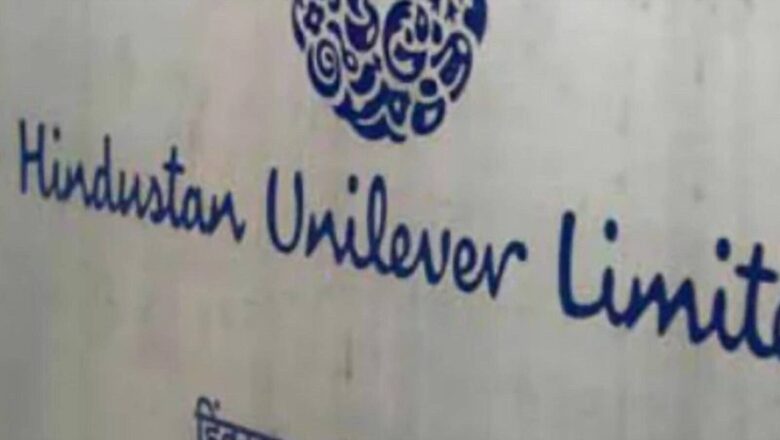
views
FMCG major Hindustan Unilever Ltd (HUL) has raised prices of its goods by up to 15 per cent across segments, sources have told CNBC TV-18. The price of Sunsilk shampoo has been increased by Rs 8-10 across variants, while 100-ml Clinic Plus shampoo has got costlier by 15 per cent.
The price of Pears 125 gm soap has been hiked by 2.4 per cent and multipack by 3.7 per cent. Lux soap has seen an increase of 9 per cent in prices for some multipack variants. Glow & Lovely price has been hiked by 6-8 per cent. Ponds talcum powder price has also been raised by 5-7 per cent.
The company had last increased the price of its products in April. The FMCG major had hiked prices, in the range of 3-20 per cent, across skin cleansing and detergents.
After the RBI raised interest rates on Wednesday in an off-cycle monetary policy review, HUL CEO Sanjiv Mehta said, “We have seen prices of toilet soaps, laundry products rising to current levels, we see a stress on consumption levels.”
He said the stress on volumes will subside once the prices are lowered. “Stress on volumes would go away once we see a tapering of commodity prices We will take cost saving measures but price rise will be the last resort for HUL.”
Recently, amid the supply chain disruption mainly due to the Russia-Ukraine war, input costs for companies have been rising and the Indian manufacturers are running out of capacity to absorb them. In response to this, companies across sectors are raising prices.
Moreover, Indonesia has also banned its palm oil exports, which has affected companies across sectors as the palm oil is used to manufacture items such as shampoo, soap, etc. However, analysts and industry players feel the curb on the outbound shipments is likely to be short-lived and will be lifted soon.
India is the world’s largest importer of palm oil. It imports over 13.5 million tonnes of edible oil every year. Of this, 8-8.5 million tonnes (around 63 per cent) is palm oil. Now, nearly 45 per cent comes from Indonesia and the remaining from neighbouring Malaysia.
On Indonesia palm oil export ban, Mehta said its impact should be temporary. Indonesia has banned the export of palm oil on supply shortage since April 28 this year. He added that while there was no immediate impact on palm oil supplies, India will see the prices of palm oil go up in the coming months. This is likely to further raise inflation rates, as palm oil is used to make several products including soaps, beauty products etc.
The RBI’s Monetary Policy Committee on Wednesday unanimously decided to increase repo rate by 40 basis points to control inflation, which has remained elevated for some time now.
India’s retail inflation accelerated to 6.95 per cent in March, signalling a sustained food price rise. Inflation, as measured by the CPI (Consumer Price Index), was 6.07 per cent in February. Food inflation jumped to 7.68 per cent in the reporting month as compared to 5.85 per cent in February. The spike in the food basket was due to a sharp rise in prices of oils and fats which climbed 18.79 per cent on year in March.
Read all the Latest Business News here















Comments
0 comment